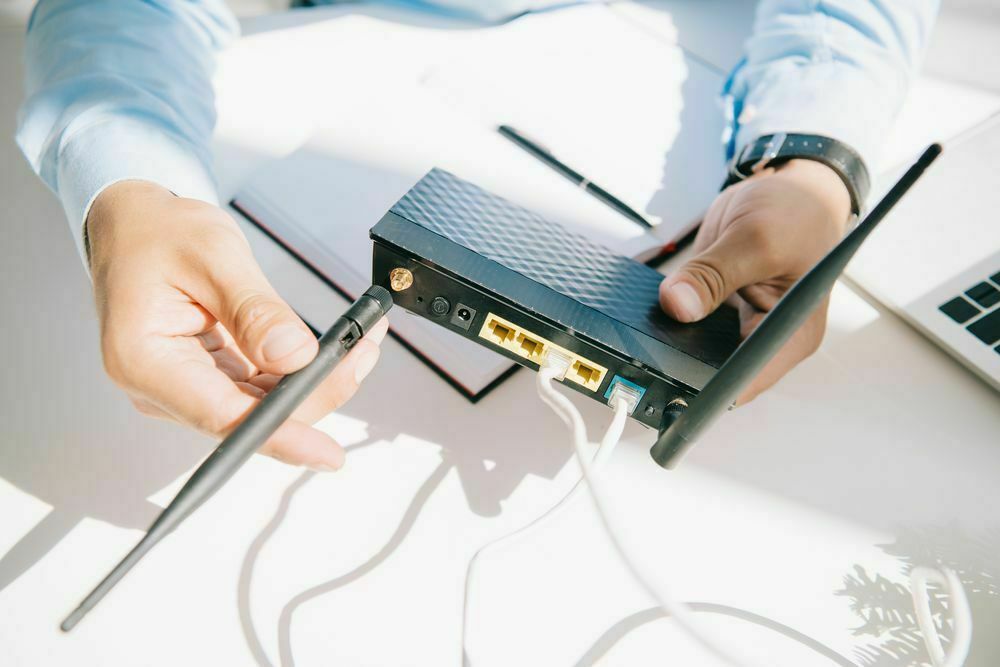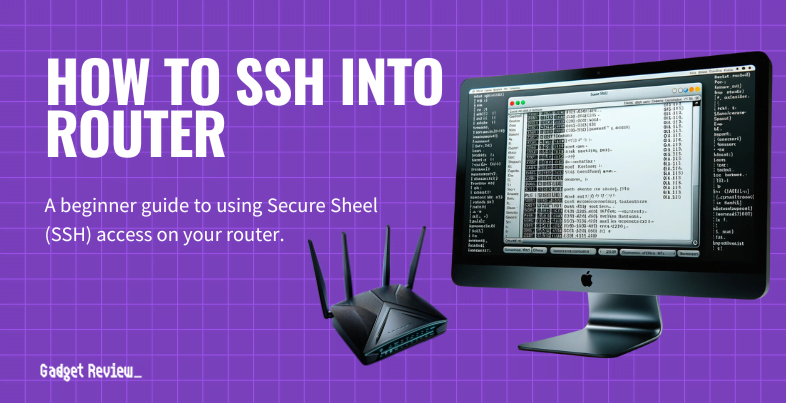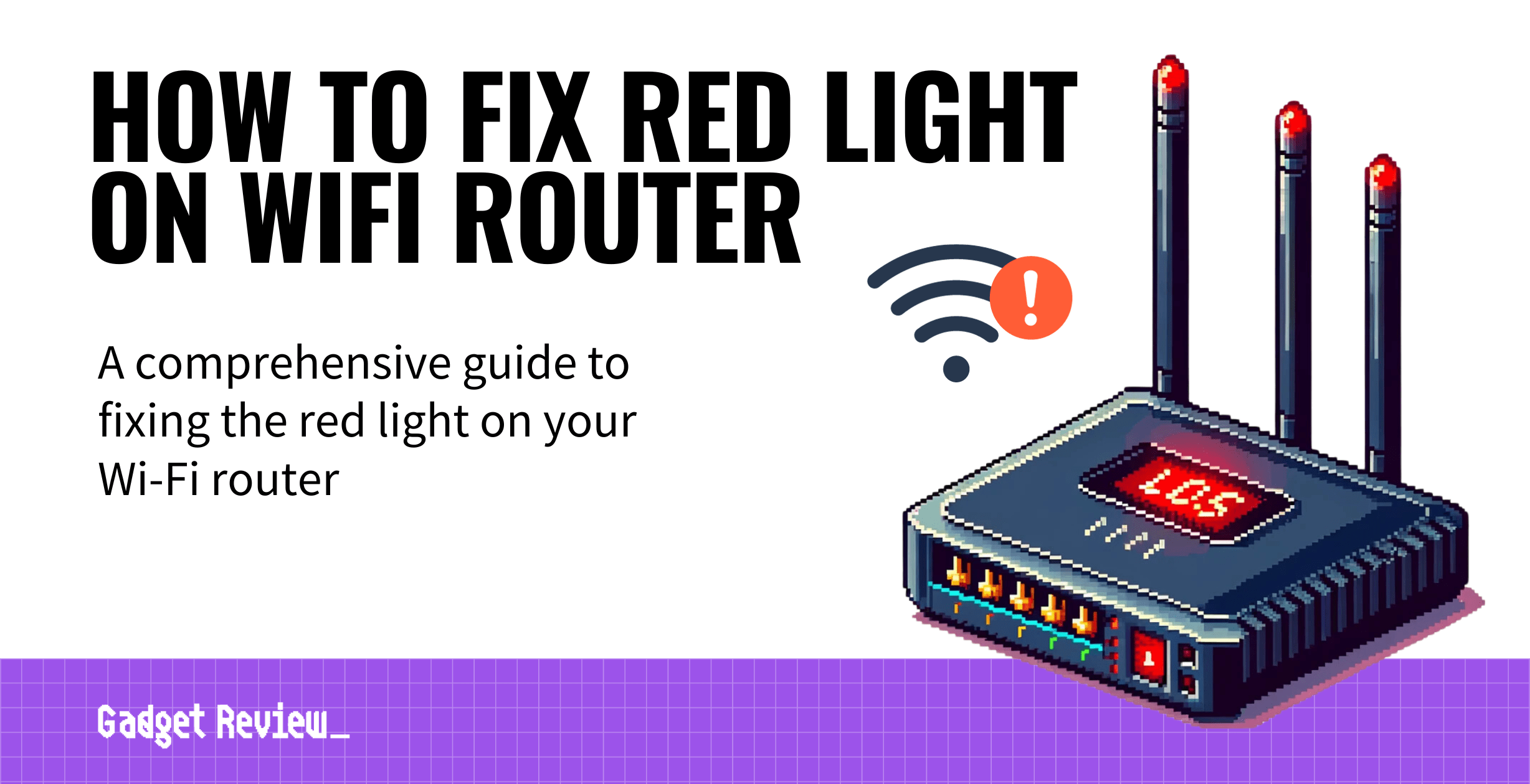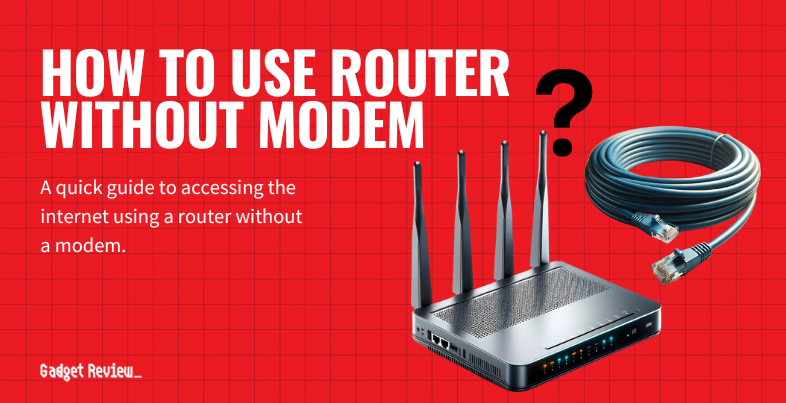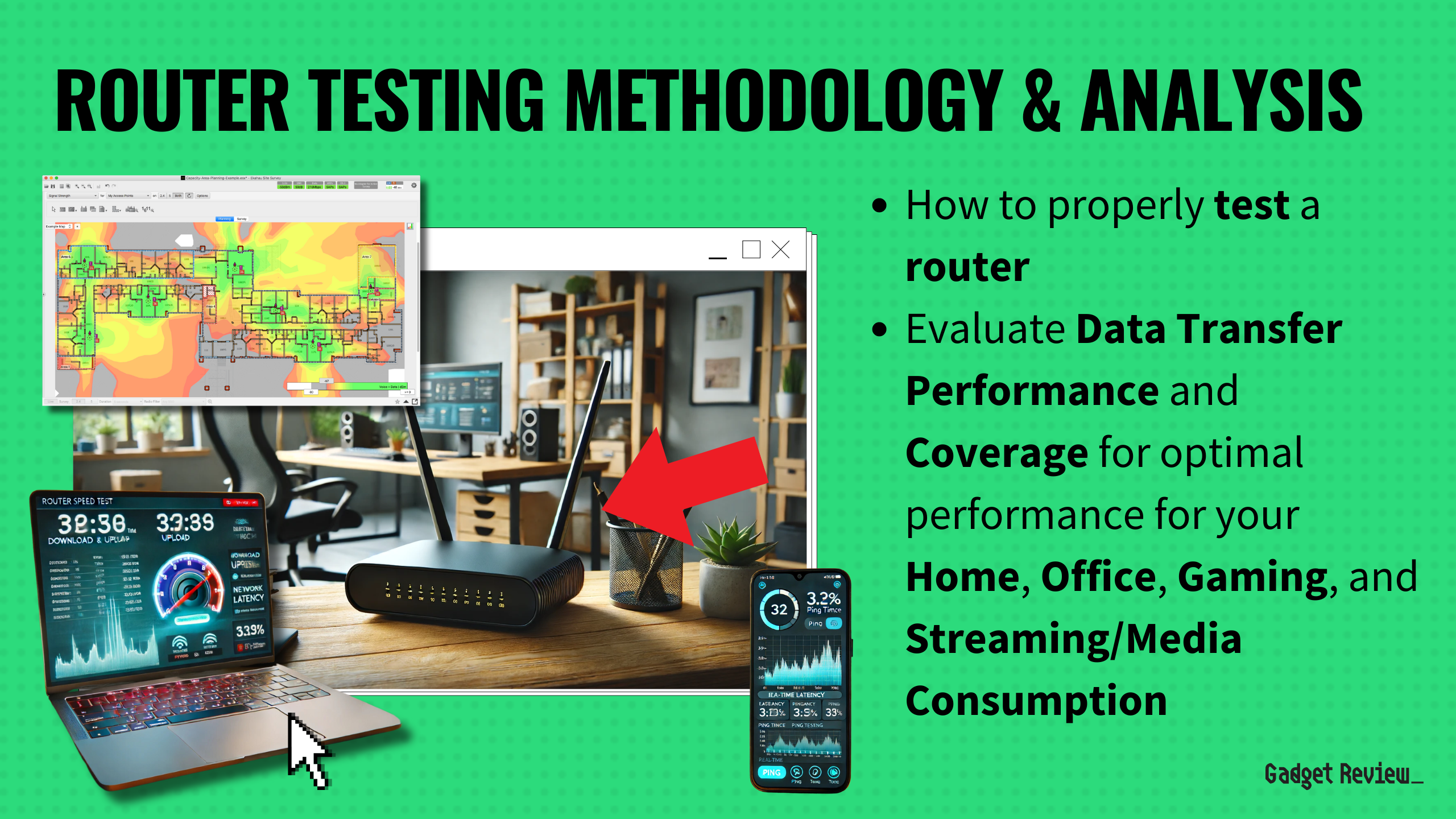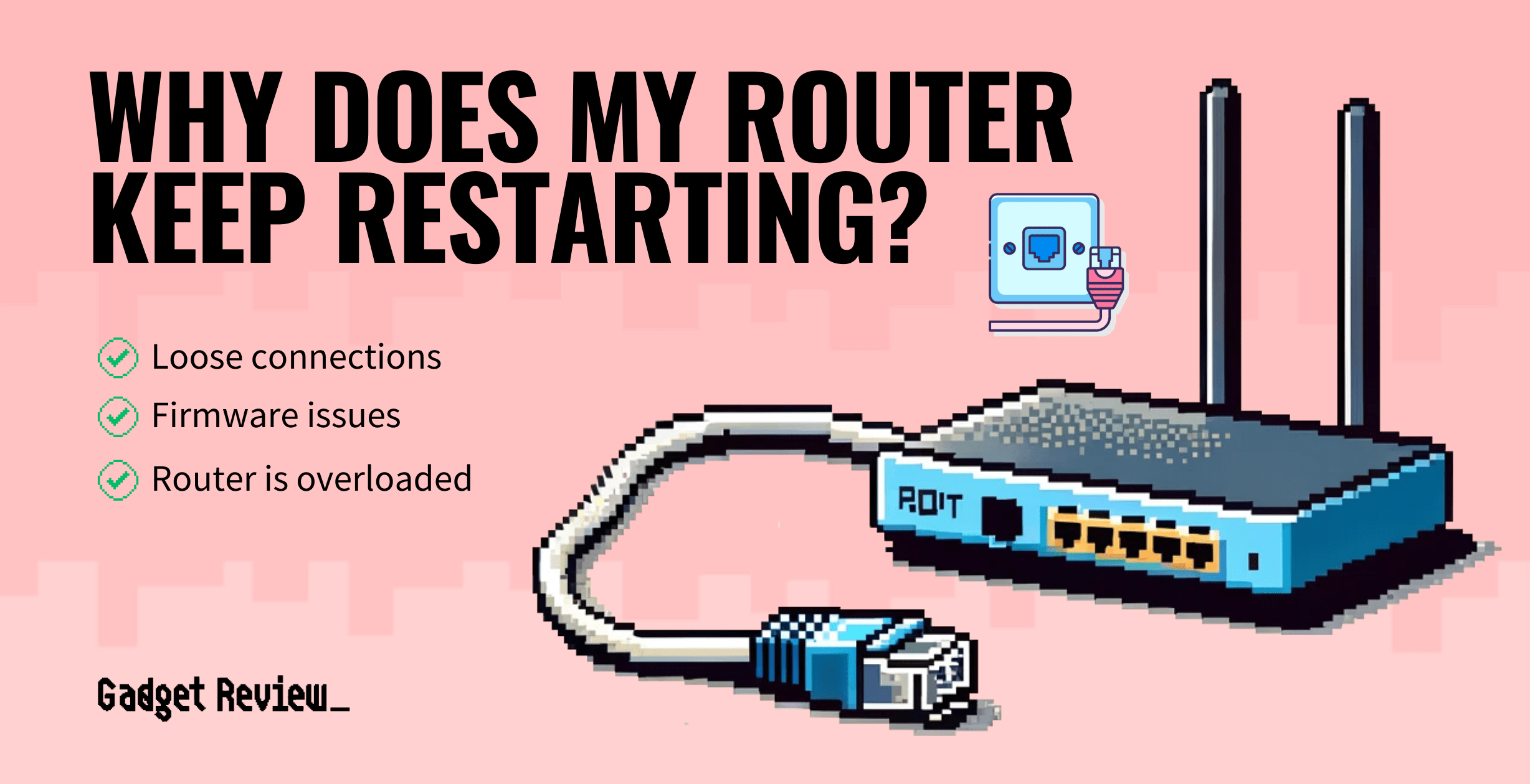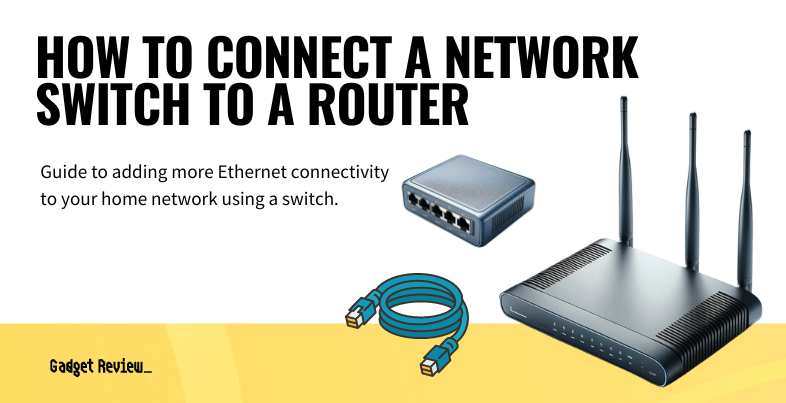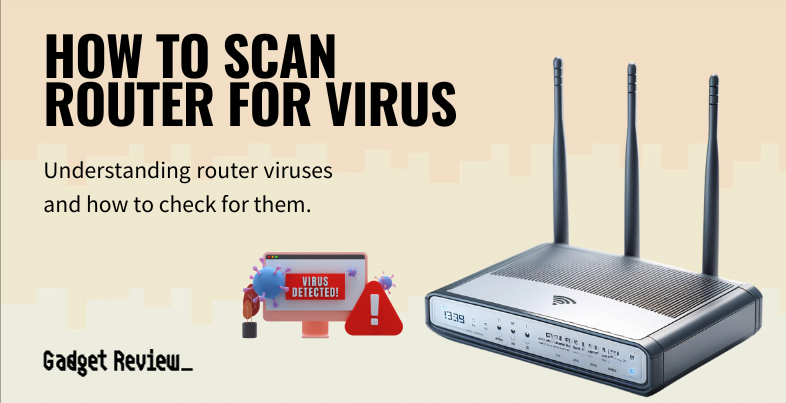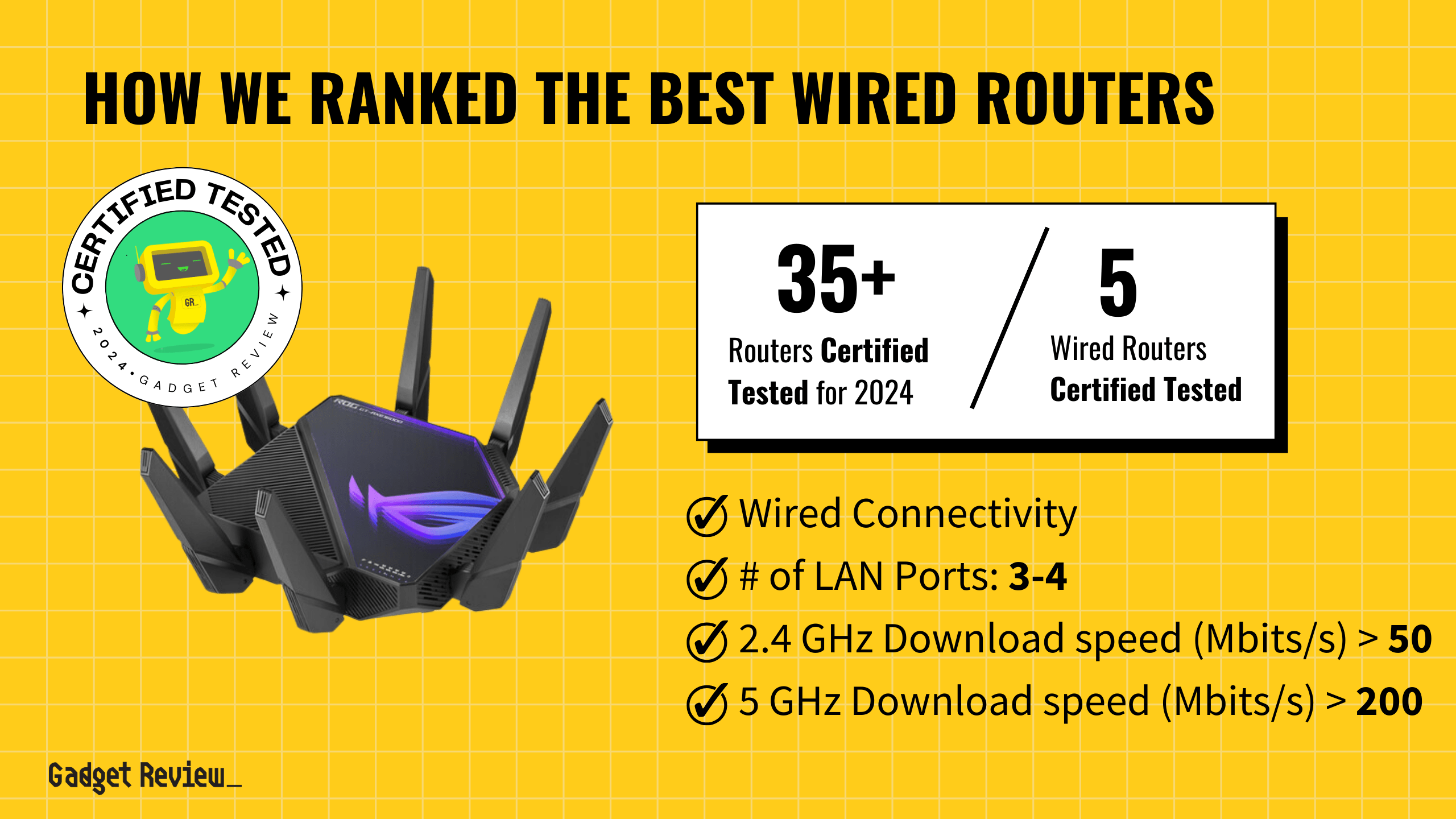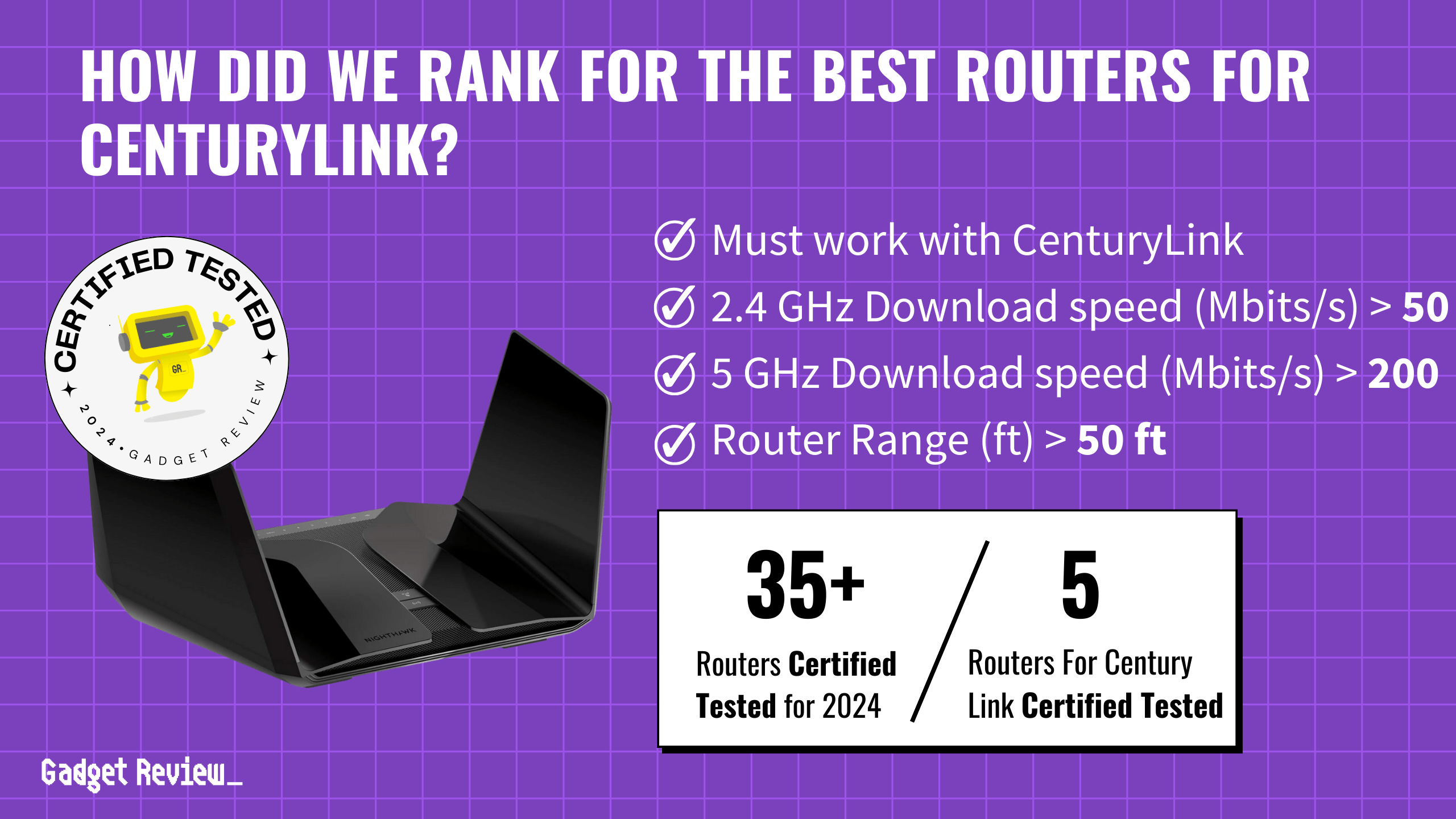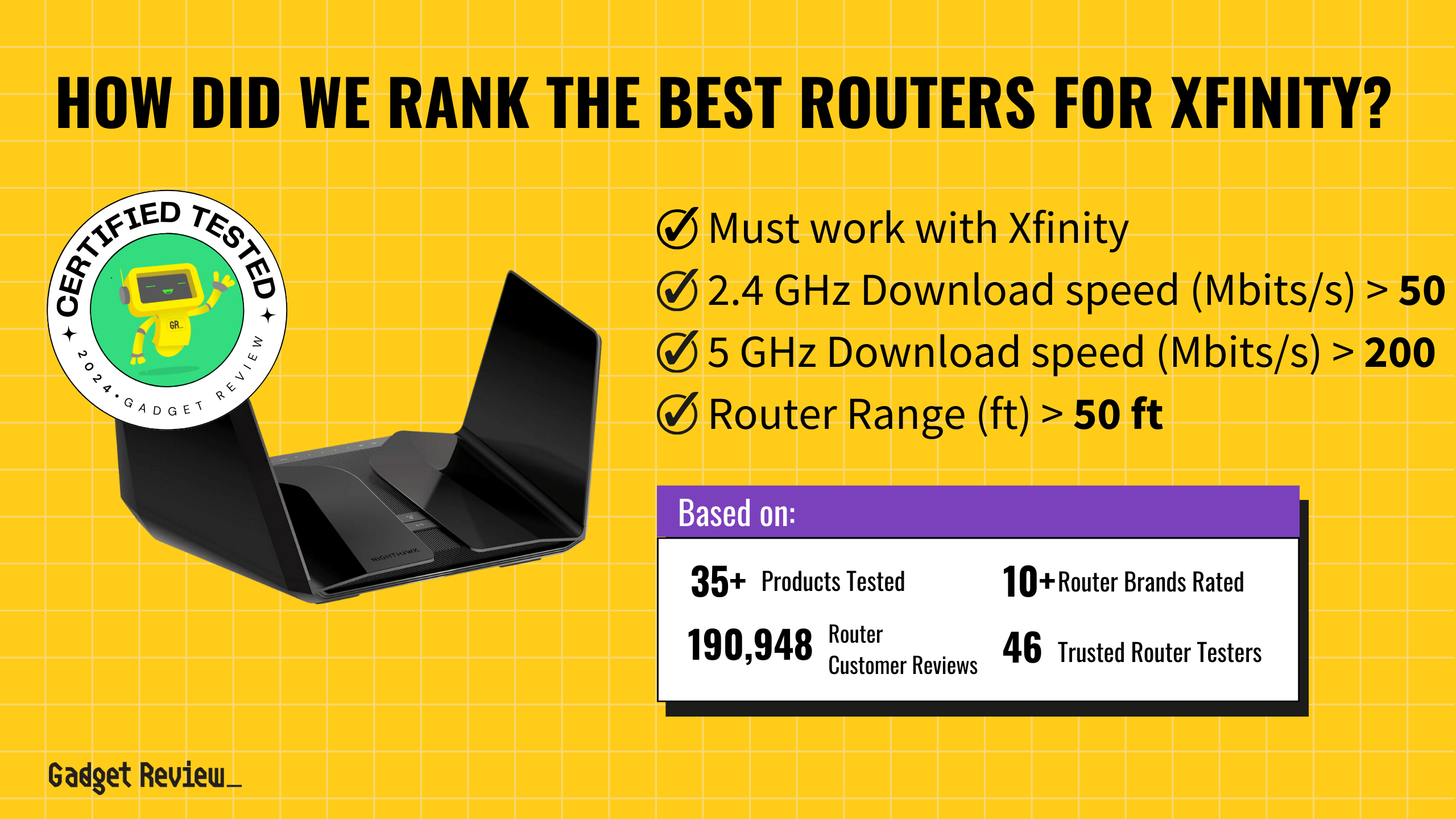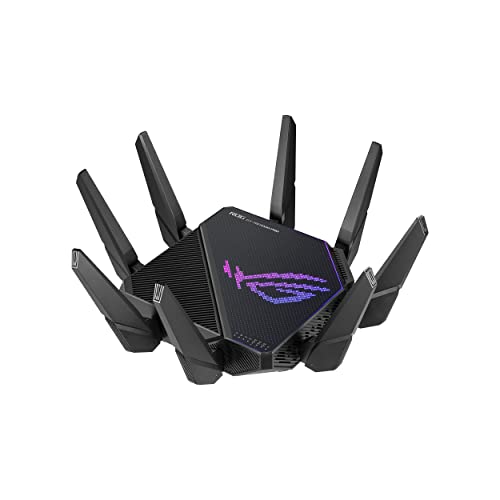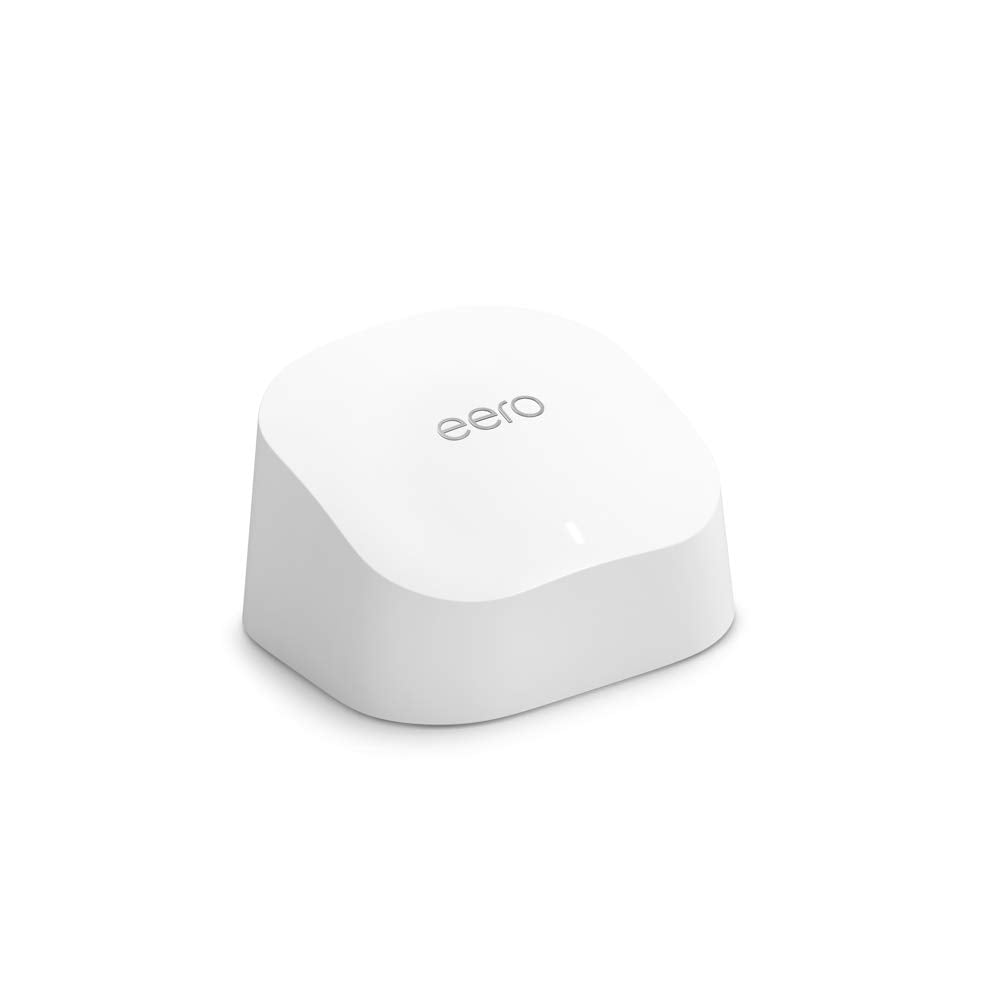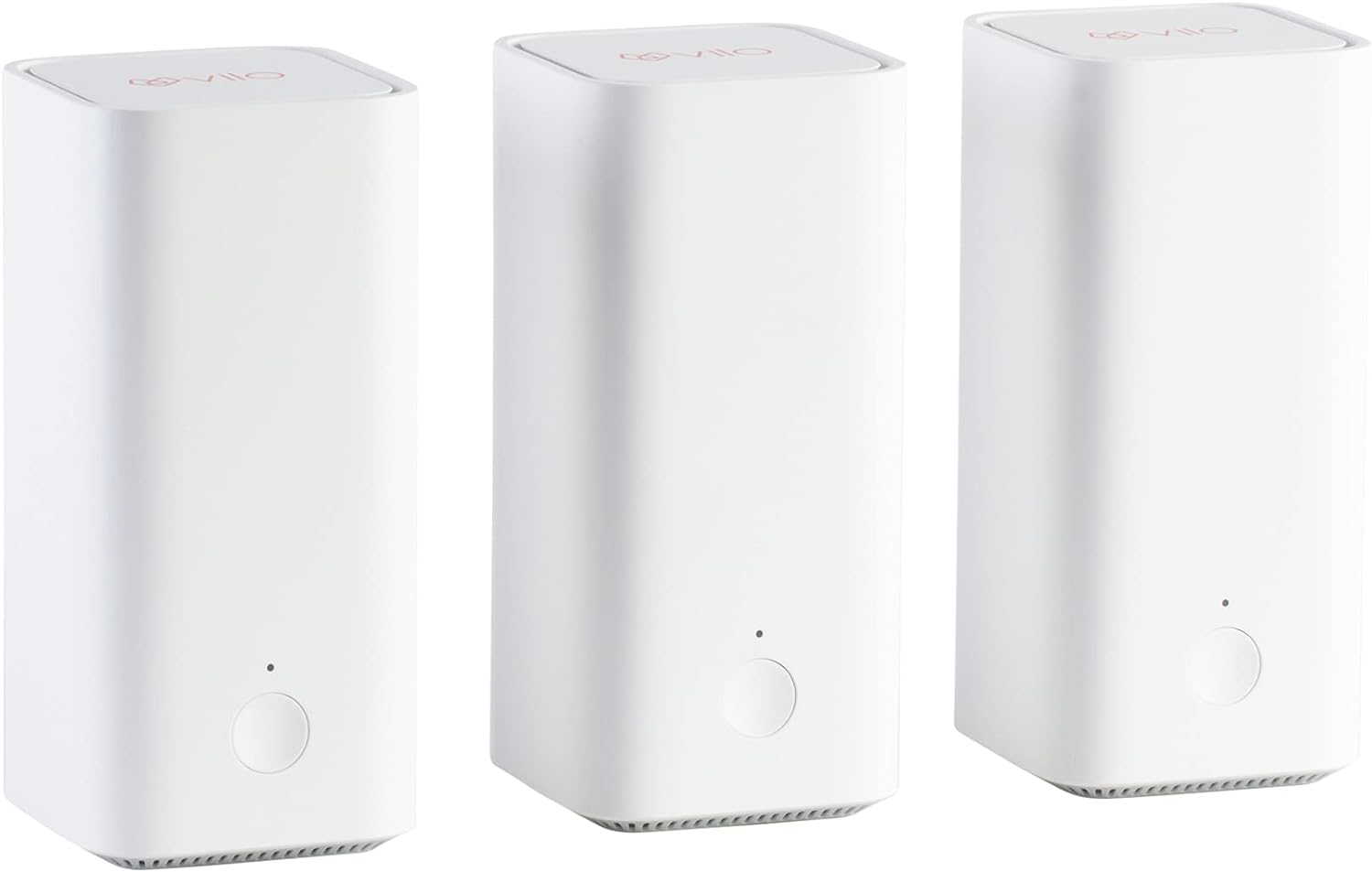If you are new to the world of wireless networks, you may want to know about the various types of routers available. Routers ship in a wide array of shapes, sizes, and feature sets. So what are the different router types, and which is best for you? There are many types, including wired, wireless, mesh, and more, so keep reading to learn more about the different types available for your home network.
KEY TAKEAWAYS:
- Most consumers will want a mesh system (for a larger space) or a standard router (for a smaller space).
- The basic router is a dual-band setup that allows connections via a 2.4GHz band and a 5GHz band.
- To extend the range of your wireless connections, invest in wireless extenders, a core router, routing tables, an edge router, a virtual router, or a mesh network.
Router Types
There are all kinds of router types out there to suit a wide variety of consumers if you are looking for the best travel router, for instance. These different boast specific feature sets if you are learning how to lock a WiFI router.
Insider Tip
No matter which you choose, make sure to return the rental to your ISP to save some money.
Here is some more information regarding the many router types available so you learn how to prevent a DDoS attack on a router, among other useful tasks.
Standard Wireless Routers
This is your average wireless router, which you are probably using right now. These routers connect different devices on a single wireless network NS and are available with different feature sets and designs. Sip routers are better at close range, while gulp routers are better at medium and long range. Regardless of which type of router you ultimately choose, it would be smart to learn the answer to the question, why does my router keep disconnecting?
Wireless routers provide access to two standard wireless bands. 2.4GHz is best for items that only connect once in a while, such as smart home appliances, while 5GHz is best for always-on devices like smartphones and computers.
Reasons to Buy
- This is the type of router you receive from an Internet service provider, so it is a tried-and-true technology.
- They are speedy enough and typically include a number of ethernet ports for hard-wired connections.
- Buying your own standard router means you won’t be paying a monthly rental fee to an ISP.
Reasons Not to Buy
- Technology is constantly advancing, and there are already ultra-premium WiFi 6 routers available (covered later in the article.)
- You may scoff at paying $100 to $200 for something you essentially get for “free” from an ISP.
- If you live in a large home, a regular router will not provide steady coverage to every room.
Tips for Buying a Wireless Router
- Make sure it handles 5GHz and features another 2.4Hz band for increased versatility.
- When you buy a router, don’t forget to call your ISP and return the rented router.
- The range is extremely important, so read all the specifications thoroughly before making a purchase.
Wireless Extenders
There comes a time when a standard wireless router reaches the outer limits of its range, leaving you with dead zones throughout the home. It is all-too-common for some routers to struggle when sending signals to a basement, attic, or out-of-the-way bedroom. Additionally, microwaves and other appliances can get in the way of the signal.
That’s where wireless extenders come in. While not a true router, per se, they work with routers to make sure your entire home is covered.
Reasons to Buy
- If you are struggling with getting full coverage, this is your most efficient option.
- Wireless extenders are budget-friendly, making for a cost-effective way to increase your wireless range.
- These extenders are often sold in multi-packs to further ensure your range is up to snuff. Additionally, you get faster speeds when you are properly in range.
Reasons Not to Buy
- This is a wireless extender and not a true router. In other words, they require an actual router for successful operation.
- There is a range of solutions that feature both a router and an extender of a sort, which will be covered later.
- You need additional power outlets throughout the home and space to place the extenders, though some plug into the outlet.
Tips for Buying a Wireless Extender
- Maximize your router dollar by going with a wireless extender combo pack that includes two or three extenders.
- To save space, go with extenders that actually rest right on the power outlet.
- Research ahead of time to ensure proper integration between your router and your extender.
Mesh Systems
Mesh networks offer a comprehensive solution to the problem of decreased range. Whereas wireless extenders need to communicate to the router, each node in a mesh network essentially is a standalone router. This ensures that you will get the same top speeds in a hidden nook in the basement as you would get in the living room.
Mesh systems are also modular and expandable, meaning you can always buy a new node to beef up your range when necessary.
Reasons to Buy
- Mesh networks allow for maximum speed and maximum range. The best of both worlds.
- The setup is fairly simple, as long as the system can access a dedicated smartphone app.
- This is a relatively future-proof and newer technology, so you won’t have to upgrade for a while.
Reasons Not to Buy
- Mesh systems are not cheap. You can easily pay $500 to $700 for a three-node network.
- You may not need the added range, particularly if you live in an apartment or small home.
- There are latency issues when paired with a low-powered network.
Tips for Buying a Mesh Router System
- If you aren’t sure how many nodes you need, start small. You can always add later.
- When purchasing a node, make sure it boasts complete integration with your pre-existing nodes.
- Look for a system that advertises itself as being easy to install and set up.
Wired Routers
Wait, a wired router? Believe it or not, this is a popular segment of the market, particularly for enterprise users. Wired routers, as the name suggests, connect a number of devices in a network, only they do so via wired connections (typically ethernet.) This translates to increased reliability and speed, with a range limit dictated only by cable length. While most routers have a firewall, if you want to bypass it for faster speeds, we have a guide on how to turn off a router’s firewall, but we only recommend you do this if you are comfortable messing with your admin settings and understand the risks associated with disabling this feature.
Why do you even need a router for this? Modems allow for physical connections, but only one or two. Wired routers tend to feature many more ports than wireless routers, up to 50 in the case of certain business-focused models.
Reasons to Buy
- If you have plenty of devices in the same space and a need for speed, this is a good option.
- You won’t have to worry about network congestion or wireless range, though cable range is an issue.
- Wired routers are almost a must-have for busy office settings, even for small businesses.
Reasons Not to Buy
- This is a wired router. Skip it if you don’t want your home filled with crisscrossing cables.
- Not every wired router and modem play nice together, which could cause compatibility issues.
- Installations of these systems can be complex, confusing, and time-consuming.
Tips for Buying a Wired Router
- Make sure you have some cable management accessories to go along with the router.
- Count how many devices you regularly use and make sure the router has enough ports.
- Check office supply stores and the like for deals instead of consumer-focused retailers.
Warning
Protect your router with multiple firewalls and the like to deter would-be interlopers.
WiFi 6 Routers
These are the new hotness, expanding beyond the sluggish 2.4GHz and 5GHz speeds to allow for 6GHz connections. However, many WiFi 6 routers boast tri-band designs, meaning they can access all three wireless bands to suit a diverse array of networked devices on each band.
These are also the newest type on the block, so expect many high-end and tech-forward features, such as smartphone integration, smart assistant integration, and more.
Reasons to Buy
- If you want the fastest wireless connection for your devices, this is your best bet.
- Many of these types include additional features, such as voice assistant integration.
- Tri-band routers allow you to assign different bands to each of your devices as needed.
Reasons Not to Buy
- This is the newest and fastest wireless technology. Prepare to empty your bank account.
- Despite offering higher speeds than other bands, WiFi 6 routers have a decreased range.
- You need to have a Gigabit-class broadband connection to utilize WiFi 6 technology fully.
STAT: Wired routers are older versions of routers with cable connections at both ends to receive and distribute data packets. Wireless routers, which transmit data directly to computers and other electronic devices via radio signals, are more advanced. (source)
Tips for Buying a WiFi 6 Router
- Make sure your modem or broadband connection can handle it, or it is a waste of money.
- Speaking of money, wait for Black Friday or other large sales events to save some bucks.
- Go for a mesh WiFi6 system, or invest in extenders, to solve the range problem.


